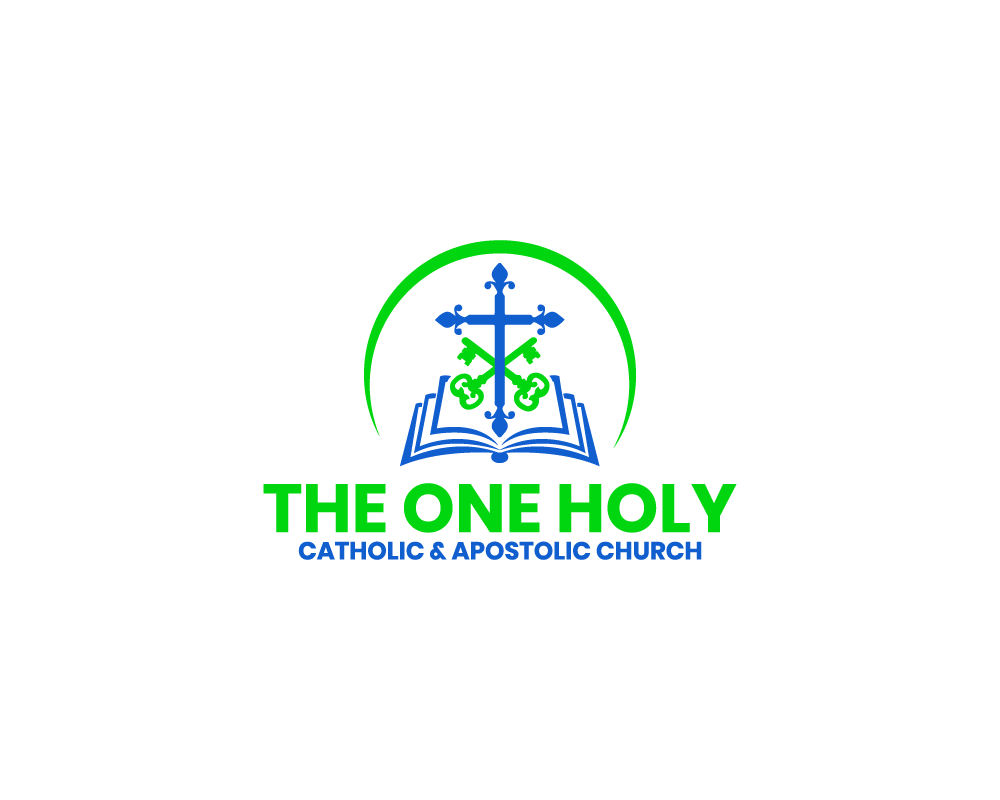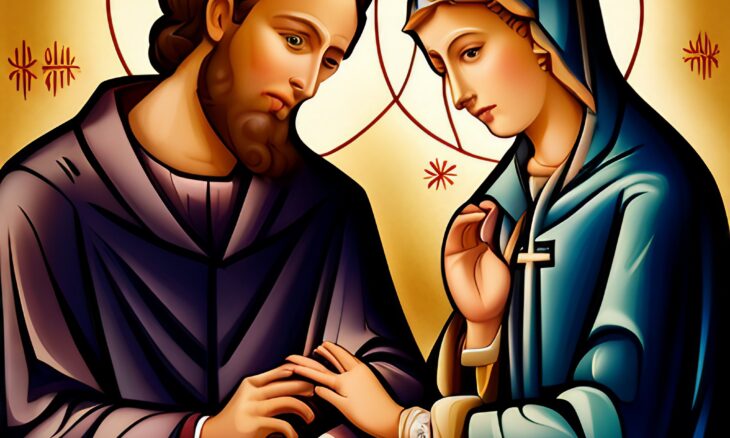Monasticism and Marriage: A Comparison
In the Orthodox Church, monasticism and marriage are not seen as opposing vocations. Instead, they are considered as interconnected and directed towards the love of God. Both paths are viewed as avenues to fulfill the power of love. Unfortunately, centuries of misconceptions have led to the devaluation of marriage, suggesting that the celibate life is more pleasing to God or spiritually superior.
Love, Abstinence, and Chastity
According to the Church Fathers, love cannot exist without abstinence, and chastity is unattainable without charity. Spiritual discipline and ascesis are essential in raising human passions towards a divine purpose. Through prayer and self-discipline, any aspect of human life can be transformed and directed towards spiritual goals. Passionate love, when sanctified, becomes divine and blessed.
Monasticism and the Way of Love
Monasticism is ultimately a way of love, no different from the Christian Gospel or the path of marriage. Humans are created to love, and their true humanity is only realized in relation to others, whether as a monk or someone living in the world. Monastic withdrawal should never be an abandonment of social responsibility. Like marriage, monasticism is a sacrament of love, specifically mystical love aimed at fulfilling the biblical command to love God and one’s neighbor. Love surpasses all achievements and virtues, and it is the flame that keeps the world alive.
Striving Towards Divine Love
In the Orthodox Church, both marriage and monasticism are seen as powerful symbolic ways of striving towards the ultimate goal of love. They are not idealized or idolized but are recognized as paths that teach individuals how to live and love. The Church acknowledges the importance of human beings, love, and the sacredness of the natural environment. Both marriage and monasticism are considered mystical sacraments that transcend legal codes and personal ambitions, focusing on the well-being of humanity and the pursuit of divine communion.



